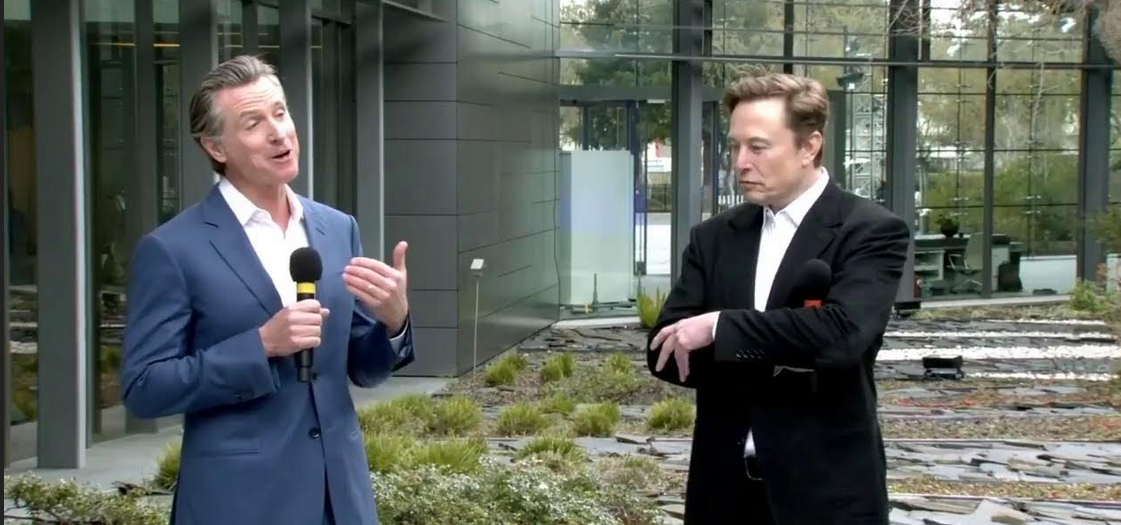Democratic California Governor Gavin Newsom expressed intense frustration after Elon Musk shared a video ad featuring manipulated audio of Vice President Kamala Harris. The video, which depicted Harris’s supposed speech mocking her own political credentials, quickly became a flashpoint in the ongoing debate over AI-generated content and political discourse.
Fake Kamala Harris video prompts latest beef between Gavin Newsom and Elon Musk | Click on the image to read the full story https://t.co/wgWwNhItwf
— kcranews (@kcranews) July 30, 2024
In the controversial video, a voice resembling Harris’s sarcastically declares, “I, Kamala Harris, am your Democrat candidate for president because Joe Biden finally exposed his senility at the debate. I was selected because I am the ultimate diversity hire, I’m both a woman and a person of color, so if you criticize anything I say, you’re both sexist and racist!” This blatant mockery prompted immediate backlash from Newsom, who called for legal action against such manipulations.
Newsom, known for his strong stance on digital ethics, took to X (formerly known as Twitter) to express his condemnation: “Manipulating a voice in an ‘ad’ like this one should be illegal. I’ll be signing a bill in a matter of weeks to make sure it is.” His firm stance on the issue underscores a broader concern about the impact of AI technology on political integrity.
Musk, however, responded with characteristic mockery. From his official X account, he retorted, “I checked with renowned world authority, Professor Suggon Deeznutz, and he said parody is legal in America.” This response not only dismissed Newsom’s concerns but also amplified the reach of the contentious video, which accumulated nearly 19 million views.
Critics quickly pointed out that Musk’s actions were in stark contrast to X’s own policies regarding altered AI content. Democratic Senator Amy Klobuchar of Minnesota weighed in, stating, “If @elonmusk and X let this go and don’t label it as altered AI content, they will not only be violating X’s own rules, they’ll be unleashing an entire election season of fake AI voice and image-altered content with no limits, regardless of party.”
This incident is just the latest in a series of clashes between Musk and California Democrats. Recently, Musk criticized the state’s decision to pass a law preventing schools from informing parents about changes in their children’s gender and sexual orientation. Citing this and other laws as attacks on both families and companies, Musk announced plans to relocate his companies, X and Starlink, to Texas.
“This is the final straw,” Musk declared, signaling his frustration with California’s legislative environment. This move reflects the growing tension between tech leaders and state policies, a dynamic that continues to shape the political landscape.

